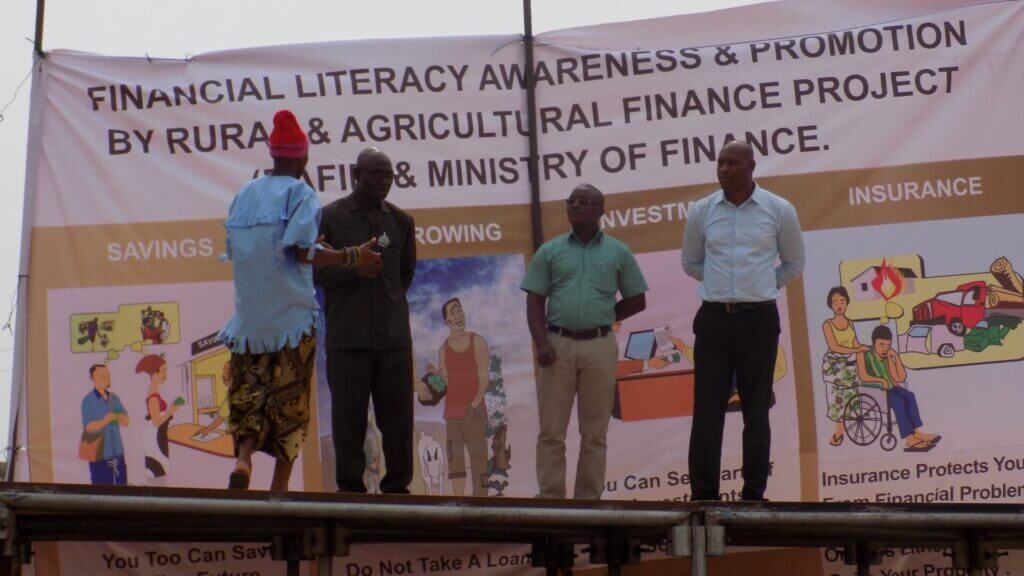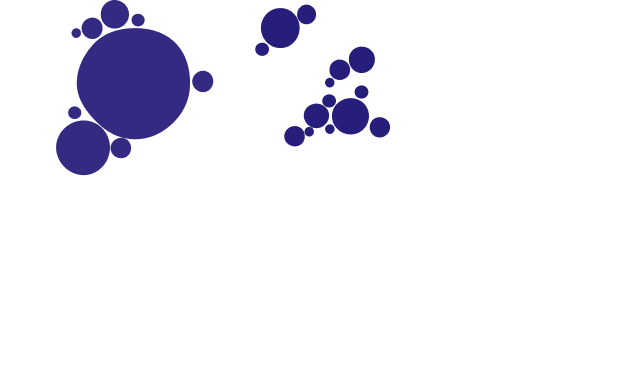
Theatre for Change
DESCRIPTION:
In 2019, Pacific Solutions was involved in a pitch on financial literacy education aimed at promoting a savings culture, responsible borrowing and encouraging investment and consumer protection awareness. As we got to work and started digging deeper into the project, we learned that the majority of people living in rural areas, and to a significant extent those living in highly populated urban areas, showed weak to poor financial literacy when it came to handling money. We noted issues not just with saving money but also irresponsible borrowing leading to misapplication of loans from financial institutions and low awareness of consumer protection rights. What surprised us was that this was a common problem not just among the working class but also among well educated people. Drama and theatre resonate well with Ghanaian people. We decided to explore how we could use these to connect people at emotional and rational levels and deliver targeted messages. What started out as a client project soon became an agency ‘mission’; something we at Pacific Solutions all wanted to get behind. We launched a nationwide, financial-literacy-education campaign that became much more than ‘just’ client work. It quickly became part of our own organization, involving all our staff, our own free time as well as our energy and inventiveness. We imagined a drama/theatre train that would travel across Ghana to over 50 central market locations and at each stop, the actors would perform to the residents through staged story-telling, sharing the story of why financial literacy is something we should all be educated in. The journey lasted eight months and involved moving crew, cast and operational staff as well as juggling some rather complex logistics challenges.
RESULTS:
The drama/theatre train reached large audiences in each of the target communities. We estimate that more than 250,000 people saw the live performances directly and another 1.5 million saw them indirectly through the public service channels in various homes and communities. From that large audience, 60 percent inquired about how they could better educate themselves in handling personal f inances, particularly regarding borrowing and investment. Our idea and strategic approach is uncommon in behavioral change communication campaigns in our part of the world and our aim was to move away from traditional ATLs and BTLs to better resonate with the target audience. The results have been phenomenal by way of financial returns to us as an agency and as a new means of educating Ghanaians on financial literacy. This strategy of using interactive performances to elicit spontaneous behavioral change has since been replicated by competitors and clients alike, notably in the healthcare sector. The most recent example concerns endemic illnesses, such as malaria and the “dos and don’ts” on how to control it.






